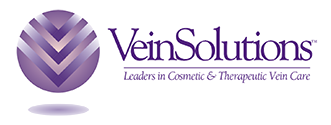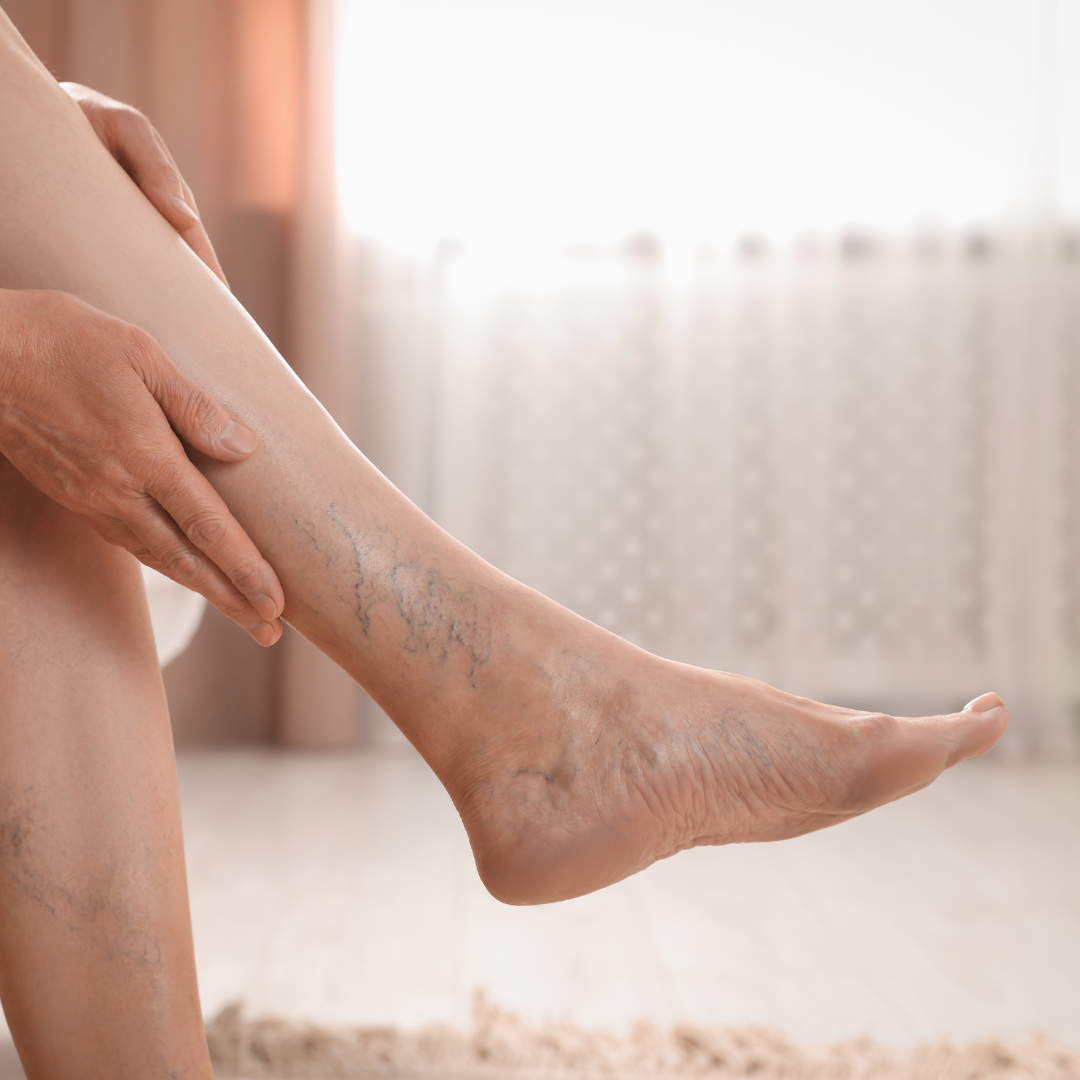If you’re one of the millions of Americans living with varicose veins, you know they’re…
Preventing Varicose Veins During Pregnancy
Pregnancy is a beautiful time for most women with the unparalleled anticipation of a new baby’s arrival. However, there are a few common changes that many women face as their bodies adjust and respond during pregnancy. One of them is the development of varicose veins.
Varicose veins affect about 40% of all pregnant women.
Varicose veins appear as thick, knotted structures under the skin which can become swollen and painful, most frequently occurring on the legs. These structures form from poorly functioning vein valves that cause blood to flow backwards from the heart down through the legs pooling into the characteristic, dark, ropey formations.
Why does pregnancy cause varicose veins?
The body experiences an increased amount of blood volume when pregnant, creating a great deal of pressure on veins and the circulatory system. The added weight of carrying a baby puts a large amount of pressure on the legs. Changes in estrogen and progesterone hormones can also have a relaxing effect on vein walls and contribute to their inefficiency.
How can you prevent varicose veins during pregnancy?
A few things that our vein specialists recommend for women are to eat a well-balanced diet, stay hydrated, and maintain a healthy weight while pregnant, as directed by your obstetrician. Other simple tips that can help prevent varicose veins during pregnancy include:
- Laying on your left side while sleeping or resting to minimize the pressure the uterus/baby puts on the inferior vena cava which carries blood from the lower body to the heart.
- Alternate between laying on your left side and laying flat to elevate your legs and feet in order to increase blood flow to the heart and prevent it from pooling in veins.
- Try not to stand for prolonged periods of time.
- Commit to regular exercise and physical activity, as much as your growing body allows and is comfortable with, to improve circulation. Swimming is a great option as it is known to reduce swelling and alleviate pressure all over as the body floats and is suspended in water.
- Frequent foot and leg massages can help lessen pressure and the build-up of fluids.
Wearing compression stockings can also promote better circulation and offer comfort and support to tired and swollen legs.
Will varicose veins go away after pregnancy?
For most women, varicose veins will fade in appearance and symptoms will decrease in the months following childbirth as your body returns to normal. However, if symptoms persist and you are bothered by their appearance more than four to six months later, it may be time to visit with a vein specialist. There are many effective and convenient treatments to eliminate varicose veins that provide both successful therapeutic and cosmetic results.
Please contact us here for a consultation with one of our specialists to help you feel, and look your best, or call 512.452.VEIN (8346) in Austin, or 512.501.4287 for Georgetown.



